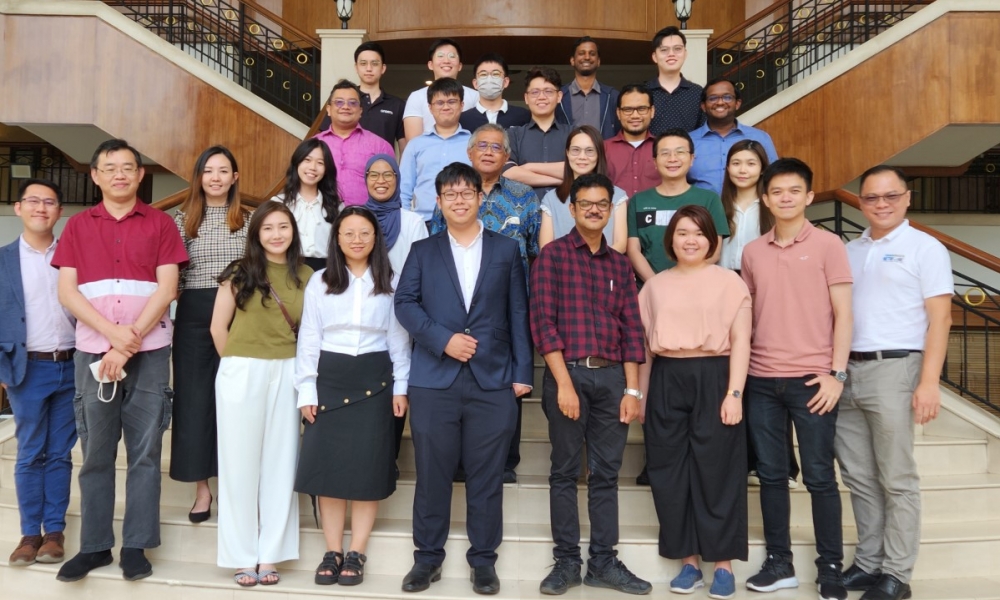Sharing Agile learning and preliminary Sprint outputs in Malaysia
Associated Sprints
Recent News
- Agile at the BES Symposium
- Youth-Led Research and Policy
- Greenhouse gas uncertainties: expanding the impact of research

Agile Initiative researchers, Dr Kok Siew Ng and Dr Purusothmn Nair showcased the concept behind the Agile Initiative, the Agile-style research Sprints, and the preliminary results from their Sprint developing regional nutrient flow mapping as keynote speakers at the Sustainable Process Integration Forum.
At the event, organised by the University of Nottingham Malaysia at Bangi Resort Hotel, Kuala Lumpur on 5 January 2023, Dr Kok Siew Ng highlighted the fast-paced policy-oriented interdisciplinary research model Agile is using, and the applications of systems thinking in organic resource management by the Sprint.
Dr Ng also stressed the importance of a holistic, integrated and multidisciplinary approach to address systems and sustainability research questions as well as the value of creating impact through research and knowledge exchange. Furthermore, he pointed out that agility, practicality, inclusivity and diversity should be practised in modern research culture.
Dr Purusothmn Nair presented insights into the Agile Initiative from a researcher’s point of view. He discussed some challenges faced by researchers early into the programme but emphasised that the constant collaboration between various researchers allowed the generation of successful preliminary research output within the first three months of the Sprint.
Dr Nair then presented the overall waste flow diagram and the crucial material flow diagram (MFA), created by Sprint colleagues Dr Bhawana Gupta and Dr Wei Zhang respectively. Dr Nair noted that the various waste treatment technologies available within Leicestershire, combined with the total waste generation, allowed the determination of the optimal waste treatment system. He then presented his mathematical optimisation work, which is at a preliminary stage, future work will include several constraints to increase the practicality of this project.
Feedback from researchers in the audience was extremely positive. They considered that the Agile research model and methodology would potentially change future research directions and were impressed that the Sprint research team were successful in obtaining preliminary results within the first few months. After the forum had ended, Dr Ng and Dr Nair were approached by several researchers enquiring into the potential of implementing agile thinking into their existing research work.


